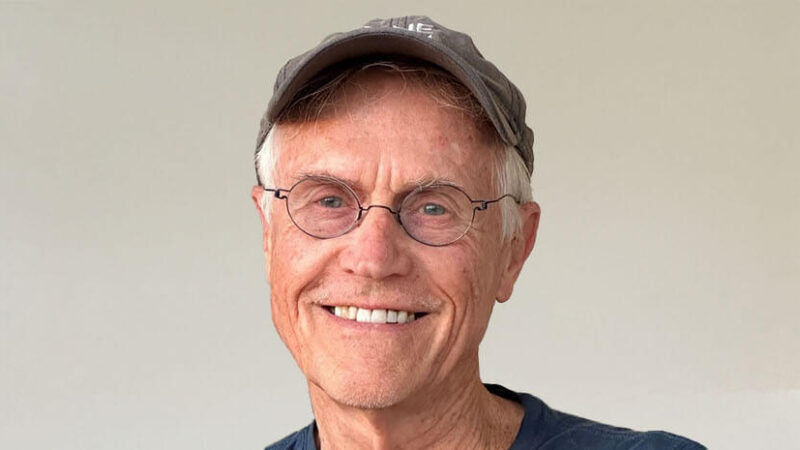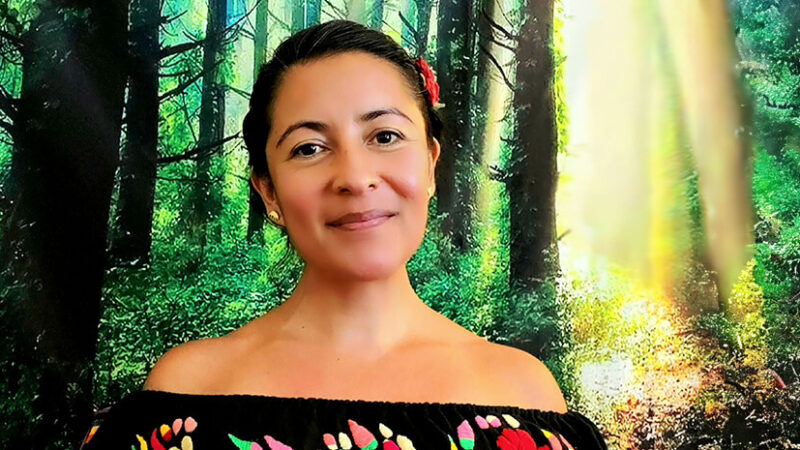Mindfulness has long been essential to spiritual practice, but recently it’s been embraced by schools at all levels. Recently, as an author visit at a middle school, I saw for myself the results of starting the day with a moment of silence and encouraging students to be mindful of others in hallways. Here are a few suggestions for family mindfulness during the holidays.
Start each day with mindful breathing.
During the holidays, we often wake up with our minds already spinning and busy with a long to do list. Take a few moments, in bed or in the shower, while brushing your teeth or waking your child, to follow your breath. The Buddhist teacher Thich Nhat Hanh reminds us that we have to be present to be here, fully live each day. Even better, practice mindful breathing with your child.
Light a candle each day.
There’s something magical about lighting a candle. Creating ritual is one way to slow down and be mindful of each moment. It might be hard for busy families to have dinner together during the holidays. And maybe everyone in your house rushes out to the bus or car without sitting down to breakfast. But this time of year, when many of us struggle with darkness, the simple act of lighting a candle can help center ourselves.
Treasure the joy of quiet reading time.
The holidays are a great time to gather together to watch films, but don’t neglect the joy of quiet reading, which nurtures our imagination and allows us to be quiet together. If you have children, it’s a great way to share together. If you’re visiting relatives, take a risk and suggest a read aloud activity. We all love to be read to, whatever our age. And as we come together with those we love in the wonder of books and stories, we are reminded of what we treasure most.
 Deborah Hopkinson has a master’s degree in Asian Studies from the University of Hawai’i at Mānoa, where she studied the role of women in thirteenth-century Japanese Buddhism. She is the author of Under the Bodhi Tree: A Story of the Buddha. She lived in Honolulu for 20 years and practiced Zen Buddhism with the late Roshi Robert Aitken, founder of the Diamond Sangha and Buddhist Peace Fellowship. She lives near Portland, Oregon. For more, visit deborahhopkinson.com.
Deborah Hopkinson has a master’s degree in Asian Studies from the University of Hawai’i at Mānoa, where she studied the role of women in thirteenth-century Japanese Buddhism. She is the author of Under the Bodhi Tree: A Story of the Buddha. She lived in Honolulu for 20 years and practiced Zen Buddhism with the late Roshi Robert Aitken, founder of the Diamond Sangha and Buddhist Peace Fellowship. She lives near Portland, Oregon. For more, visit deborahhopkinson.com.
The community here at Sounds True wishes you a lovely holiday season! We are happy to collaborate with some of our Sounds True authors to offer you wisdom and practices as we move into this time together; please enjoy this blog series for your holiday season.
To help encourage you and your loved ones to explore new possibilities this holiday season, we’re offering 40% off nearly all of our programs, books, and courses sitewide. May you find the wisdom to light your way.














